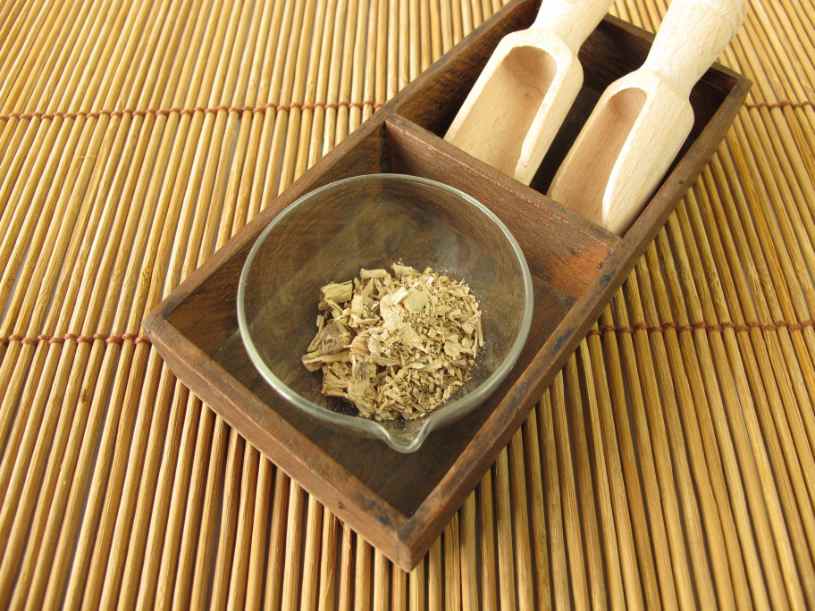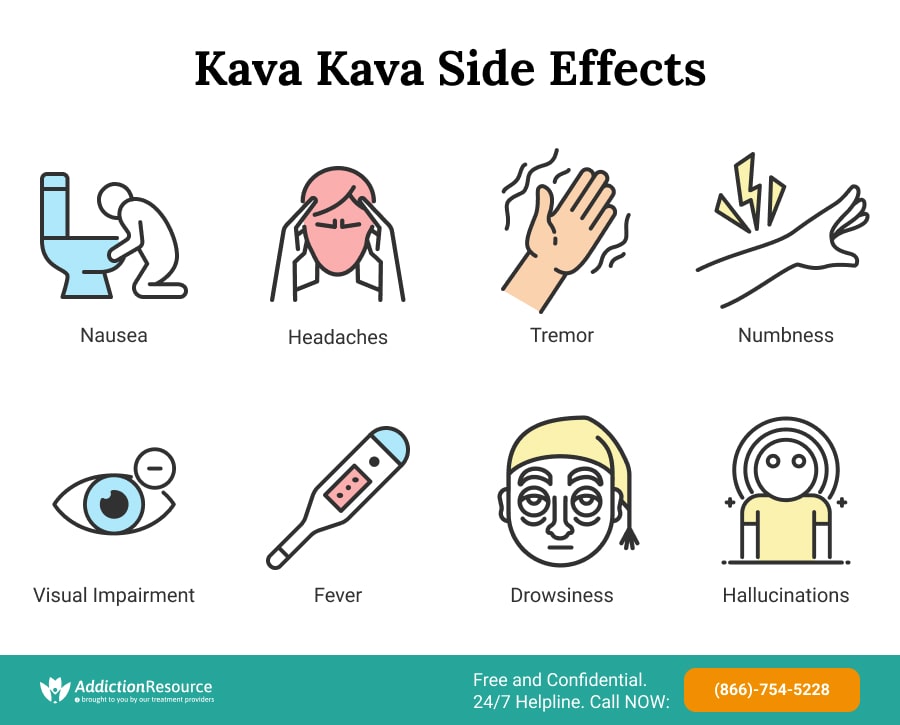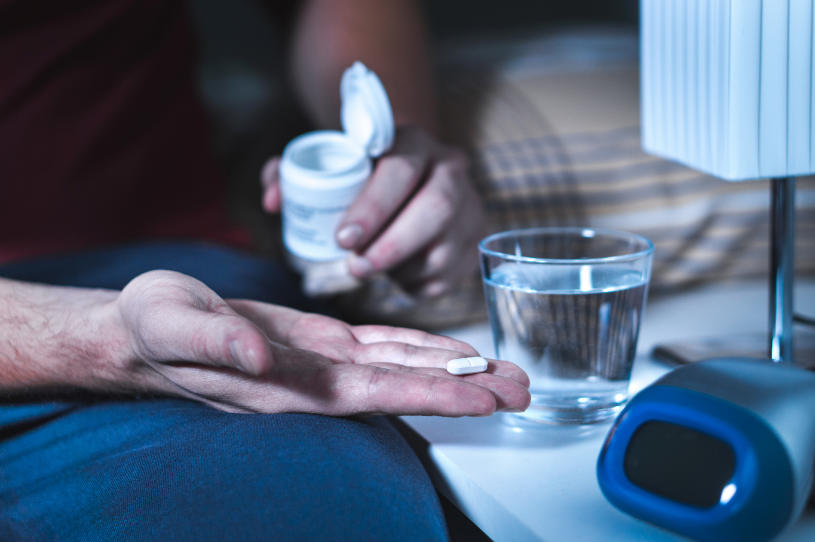Kava, with the Latin name of Piper methysticum, is a beverage or an extract that has been used by Pacific islanders for thousands of years as a stress medicine and for ritual purposes. Today, Kawa is available as a dietary supplement and is being used as an alternative treatment for anxiety. Additionally, it is also used to manage tension and insomnia. Even though Kawa may be beneficial for anxiety and other mental disorders, it comes with a variety of Kava kava effects and dangers.
Table Of Contents:
These Kava kava side effects differ based on the patient’s size, weight, health, the amount taken, or whether mixed with other drugs or substances such as alcohol. According to a report, there are more male Kawa beverage consumers compared to females. Moreover, the consumption of Kawa with organic solvents increases the risks of adverse health outcomes. Kava side effects include drug abuse, viral resistance, Kava liver damage and driving impairment, renal diseases, and blood disorders. In this article, detailed information about Kawa dangers such as common and long-term side effects, Kava effects on the liver, Kava overdose and dermopathy, and the warnings and precautions before using it will be provided.

Common Kava Side Effects
People with anxiety can take Kawa tea to relieve their anxiousness and stress, and there are many places where to buy this product depending on the location. With this, Kawa is considered relatively safe to drink under moderation. However, it is important to understand that excess intake of Piper methysticum is harmful. Use of any drug always carries some risks and just like drugs or medicines, Kawa beverages are not free of side effects. According to a study, many users of this product have experienced the Kava kava side effects of this medical beverage and the most common is gastrointestinal disturbance.
Below Is Information About the Other Common Kava Side Effects:
- Nausea
- Dizziness
- Allergic skin reactions
- Headache
- Numbness in the mouth
- Tremors
- Ataxia
- Kawa hangover
- Visual impairment
- Fever
- Hepatitis
- Drowsiness
In another study, this herbal product also comes with common, milder Kava effects such as changes in vision, mydriasis (widening of pupils), impaired motor reflexes, and rare difficulties in motor coordination such as choreoathetosis (involuntary motor twitching). Even though these Kava side effects are common or mild, once any of these occur, it is essential to consult a physician immediately.

Long-Term Kava Side Effects
There are some people taking this herbal drug for the treatment of tension, and in one community, 19% of their salary is being spent on buying Kawa. According to a study, the use of this herbal drug for as little as one to three months can lead to deadly Kava kava side effects if not carefully monitored by a physician. For this reason, there is strong evidence that high levels of consumption can result in some significant long-term Kava side effects.
Some Of The Long-Term Kava Kava Side Sffects Include:
- Movement disorder
- Kawa dermopathy
- Pulmonary hypertension
- Thrombocytopenia
- Bodyweight decrease
- Facial puffiness
- Lymphocytopenia
- Hematuria (blood in the urine)
- Protein levels decrease
- Kawa blood pressure
- Shortness of breath
- Visual changes, including sensitivity to light
- Hallucinations
- Alterations to blood cells and platelets
- Compromised immune function
- Liver damage
- Kidney damage
- Contact dermatitis
- Appetite loss, leading to malnutrition and weight loss
- Loss of drive and motivation
- Worsened symptoms of pre-existing mental illnesses such as schizophrenia.
All the Kava effects listed above are serious problems that can lead to significant health complications. For this reason, it is advisable to consult medical personnel before taking this herb. The health implications of heavy Piper methysticum intake can be reversible if consumption is stopped. If any of these Kava kava effects is observed, seek emergency care as soon as possible.
Factors such as prolonged Kawa treatment and daily use of it are thought to harm the organs in the body, most especially the liver, one of which involves how it interacts with certain drugs.
Kava Effects On The Liver
Factors such as prolonged Kawa treatment and daily use of it are thought to harm the organs in the body, most especially the liver, one of which involves how it interacts with certain drugs. Excess intake of this product can cause severe liver complications. These Kava effects are due to the presence of accumulated Kawa contents in the liver. Once a person takes this drug, Kawa ties up liver enzymes that are supposed to metabolize drugs in the body. Hence, it accumulates in the body, causing harm to the liver. Another mechanism in which Kawa affects the liver is when some of the liver enzymes are not entirely tied by the Kawa.
A survey carried out showed that at least 25 cases of liver toxicity, including hepatitis, cirrhosis, jaundice, and liver failure had occurred due to the intake of this product. Hence, several countries including Germany, Switzerland, France, Canada, and the United Kingdom restricted the sale of Piper methysticum. This herbal drug contains several phytochemicals that lead to acute liver injury and failure.
Nonspecific Symptoms of Liver Diseases Include:
- Nausea
- Vomiting
- Light-colored stools
- Unusual tiredness
- Weakness
- Stomach or abdominal pain
- Loss of appetite
According to the Department of Health, manufactured products such as herbal medicines that contain Kawa extract have been linked to irreversible Kava liver damage when consumed with alcohol. For this reason, water-based extracts of Kawa should never be consumed together with any alcoholic beverage especially when the patient using this product has a history of liver damage or disease.
Kawa Dermopathy
Kawa dermopathy is a side effect of Piper methysticum consumption attributed to niacin (vitamin B3) deficiency. The presentation of dermopathy is a scaly rash suggestive of ichthyosis and eye irritation. A patient with dermopathy begins to experience dry and peeling skin. The skin condition may be a result of interference with cholesterol metabolism or Piper methysticum lactone or flavor pigment accumulation. Moreover, these Kava effects are due to prolonged use of excessive use of Piper methysticum. Dermopathy can be treated by lowering the intake of Piper methysticum or stopping the consumption. The recommended kawa dosage is 250mg which is the maximum daily dose. Anything above that can lead to dermopathy and hepatotoxicity.

Kava Overdose
One-time unintentional dose of this herbal medication is almost safe but if a patient has used this on a regular (daily) basis, this may cause Kava overdose which is dangerous to the health. According to the risk assessment of the World Health Organization, in 2007, 7 out of 93 people who overdosed on this product have died and 14 out of 93 had undergone liver transplants. In this section, more information about the signs and symptoms of overdose, and what to do when an overdose happens will be provided.
Signs And Symptoms Of Kava Overdose
It was reported that aside from stomach irritations and kidney damages, almost 80% of patients who overdosed on Kawa had experienced hepatotoxic reactions or liver injuries such as hepatitis, cirrhosis, and liver failure.
Aside From These, Below Are the Signs and Symptoms of Kava Overdose:
- Severe drowsiness
- Shortness of breath
- Disorientation
- Inability to move
- Rapid heart rate
- Nausea and vomiting
- Numbness around the mouth
- Strange movements
Take note that Kava overdose may be intentional or unintentional and either of these may lead to death. If overdose is suspected, contact poison control or seek emergency care as soon as possible in order to save the health of the patient and avoid unwanted events.
First Aid During Kava Overdose
The most important thing a patient can do to avoid Kava overdose is to avoid herbal medicine in the first place especially when the patient is contraindicated with the drug extract. There are many warnings and precautions about Kawa which will be explained in the next section. So, what is the first thing to do when a patient is having an overdose? First and foremost, seek emergency medical care. Bring the patient to the nearest medical institution to get the proper overdose treatment. If the patient is at home and no one can drive for the patient, call the poison help as soon as possible. Communicating with these health professionals will tell the next steps to do.
Kawa Use Warnings And Precautions
Using this product to treat anxiety for a long period of time or in high doses may cause liver and other organ damages which can be fatal. Moreover, using alcoholic beverages while taking this product will increase the risk for more serious liver injuries. To avoid unwanted events, take a look at the precautions when taking this product.
A patient allergic to Piper methysticum should not take this herbal medicine or any substance containing Piper methysticum. According to the American Botanical Council, there are some guidelines set for the use of Piper methysticum, and they include:
- People with liver problems should avoid using Piper methysticum
- Do not use Piper methysticum with any drugs that have adverse effects on the liver
- Do not use Piper methysticum with alcoholic beverages
- Discontinue Piper methysticum use immediately if there are any signs of liver damage such as yellowing of eyes or skin, or dark urine.
- Consult a primary care physician before Piper methysticum use especially in case of a history of liver problems or liver damage.
- Piper methysticum should not be taken while driving because it causes dizziness.
When taking this product, make sure that the Kawa raw material a patient is consuming is of acceptable quality to minimize toxicity. Moreover, it is important to be familiarized with all the precautions about this herbal drug in order to avoid unwanted events including death. Read the next part of this section to get more information about the contraindications of this product and treatment options available.
Kawa Use Contraindications
The use of Piper methysticum for anxiety and stress is contraindicated in children, breastfeeding mothers, pregnant women, elderly patients, patients with kidney problems, and patients with liver problems.
According to a study, there are possible hazards of potential Kava kava effects on the CNS of the unborn baby. Traces of chemicals in Piper methysticum can be passed to the breast milk which will adversely affect the development of infants. Moreover, people with Parkinson’s disease must also avoid drinking Piper methysticum tea because it aggravates parkinsonism.
Persons scheduled to undergo surgery should not take any Piper methysticum products or any substance containing Piper methysticum two weeks before the surgery, because it affects the central nervous system and increases the side effects of anesthesia and other drugs utilized during and after surgery.
Kawa Abuse Treatment Options
While this herbal medication can help treat mental disorders such as anxiety and stress problems, most people believe the potential risks far outweigh the benefits. Hence, it can result in discomforting Kava side effects. For someone already addicted to this herbal plant, the best solution is by enrolling in a rehabilitation facility. By doing so, patients are guided on how to quit their addictive way of life and are also taught ways to blend back into society and live a happy and healthy life free from Kawa. Additionally, rehabilitation facilities provide services like counseling and treatment to prevent relapse. Medical detoxification is also a fundamental way to help drug addicts abusing it.
Page Sources
- Aporosa, S. A. (2019). De-mythologizing and re-branding of kava as the new ‘world drug’ of choice. Drug Science, Policy and Law, 5, 2050324519876131.
- Cairney, S., Maruff, P., & Clough, A. R. (2002). The neurobehavioural effects of kava. Australian & New Zealand Journal of Psychiatry, 36(5), 657-662.
- Clough, A. (2003). Enough! or too much. What is ‘excessive’kava use in Arnhem Land?. Drug and alcohol review, 22(1), 43-51. Department of Health. (2018, November 16). DoH Digital Library: Public Health Bush Book. Volume 2. NT Health Library Services. https://digitallibrary.health.nt.gov.au/prodjspui/handle/10137/7207
- Kapalka, G. M. (2009). Nutritional and herbal therapies for children and adolescents: a handbook for mental health clinicians. Academic Press.
- Kava | Michigan Medicine. (2020). University Michigan Health. Retrieved from https://www.uofmhealth.org/health-library/d04422a1#:%7E:text=Long%2Dterm%20use%20of%20kava,and%20feelings%20of%20poor%20health
- Ramzan, I. (Ed.). (2015). Phytotherapies: Efficacy, Safety, and Regulation. John Wiley & Sons.
- Romm, A. (2017). Botanical medicine for Women's health E-book. Elsevier Health Sciences. Rychetnik, L., & Madronio, C. M. (2011). The health and social effects of drinking water‐based infusions of kava: A review of the evidence. Drug and Alcohol review, 30(1), 74-83.
- Teschke, R. (2010). Kava hepatotoxicity. A clinical review. Annals of hepatology, 9(3), 251-265. Teschke, R., & Lebot, V. (2011). Proposal for a kava quality standardization code. Food and chemical toxicology, 49(10), 2503-2516. World Health Organization. (2007). Assessment of the risk of hepatotoxicity with kava products. WHO Regional Office Europe.

 Authored by
Authored by  Reviewed by
Reviewed by 